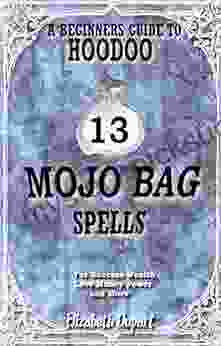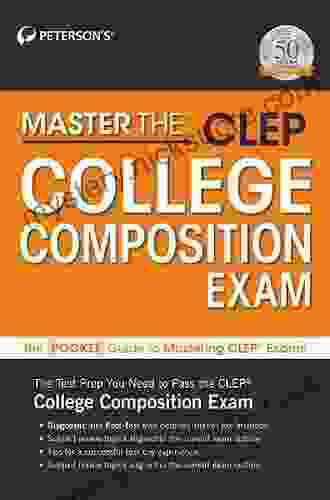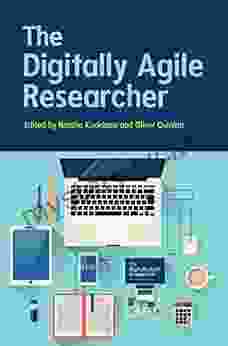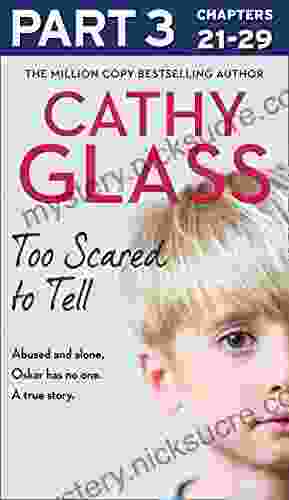Research methods are the systematic and objective procedures used to collect, analyze, and interpret data to answer research questions. The research methods modular approach is a flexible and efficient way to design and conduct research studies. It involves breaking down the research process into smaller, more manageable modules that can be combined and adapted to meet the specific needs of a particular research project.
Advantages of the Modular Approach
There are several advantages to using the modular approach in research design:
- Flexibility: The modular approach allows researchers to customize their research design to fit the specific needs of their study. They can select the modules that are most appropriate for their research questions and objectives, and combine them in a way that makes the most sense for their project.
- Efficiency: The modular approach can help researchers to save time and resources by allowing them to reuse modules that they have already developed. For example, a researcher who is conducting a series of studies on the same topic may be able to use the same data collection module in each study.
- Adaptability: The modular approach is adaptable to different research contexts. It can be used in both qualitative and quantitative research studies, and in a variety of settings, such as schools, businesses, and communities.
Components of the Modular Approach
The modular approach consists of the following components:
- Research question: The research question is the driving force behind the research study. It should be specific, measurable, achievable, relevant, and time-bound (SMART).
- Research design: The research design is the plan for how the research study will be conducted. It should include the methods for data collection, analysis, and interpretation.
- Data collection: Data collection is the process of gathering the data that will be used to answer the research question. There are a variety of data collection methods, such as interviews, surveys, and observations.
- Data analysis: Data analysis is the process of organizing, summarizing, and interpreting the data that has been collected. There are a variety of data analysis methods, such as statistical analysis, thematic analysis, and discourse analysis.
- Interpretation: Interpretation is the process of drawing s from the data analysis. The researcher should consider the implications of the findings for the research question and the field of study.
Applications in Qualitative and Quantitative Research
The modular approach can be used in both qualitative and quantitative research studies. In qualitative research, the researcher typically collects data from a small number of participants in order to gain an in-depth understanding of a particular phenomenon. In quantitative research, the researcher typically collects data from a large number of participants in order to generalize the findings to a larger population.
The modular approach can be particularly useful in qualitative research, as it allows researchers to tailor the research design to the specific needs of their study. For example, a researcher who is conducting a study of the experiences of homeless people may use a variety of data collection methods, such as interviews, observations, and participant observation. The researcher can then use the data analysis module to identify the common themes and patterns that emerge from the data.
The modular approach can also be used in quantitative research, although it is typically not as flexible as in qualitative research. For example, a researcher who is conducting a survey of the attitudes of a particular population may use the modular approach to design the survey instrument, collect the data, and analyze the results. However, the researcher may not be able to modify the research design or data collection methods as easily as in a qualitative study.
The research methods modular approach is a flexible and efficient way to design and conduct research studies. It allows researchers to customize their research design to fit the specific needs of their study, and to reuse modules that they have already developed. The modular approach can be used in both qualitative and quantitative research studies, and in a variety of settings.


































































































































































































































































































































































































































































































































































